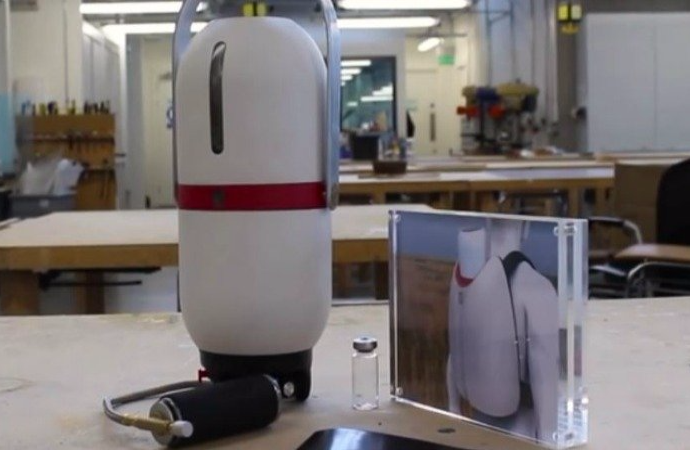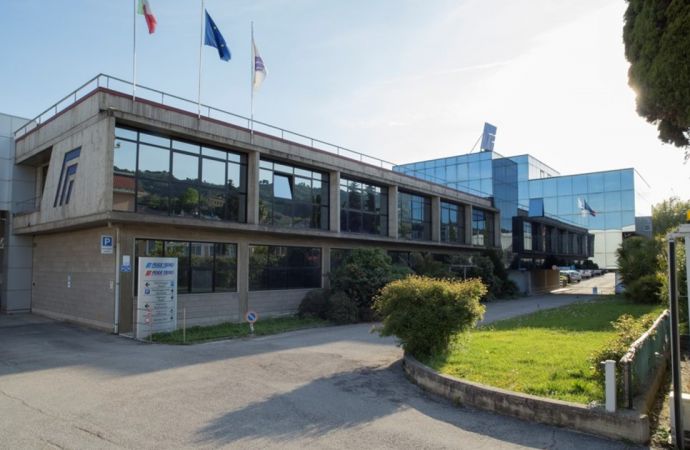A portable cooling system for temperature-sensitive vaccines won 22-year-old designer William Broadway the UK James Dyson Award on 8 September.

The Isobar lightweight backpack unit cooler uses ammonia-water absorption refrigeration technology to keep vaccines cool for up to six days.
Broadway, a final-year student at Loughborough University, designed the backpack to be recharged on-the-go in just over an hour. This could make it an effective transportation system in rural areas where health services and electricity access are lacking.
Current vaccine programmes often fail to meet international standards for temperature-safe vaccine distribution. NGO path.org found that many countries do not comply with safe vaccine transportation practices outlined by the World Health Organisation (WHO), causing vaccines to lose their potency.
Traditional vaccine coolers often freeze vaccines, “which is becoming a huge problem in third world delivery,” says Broadway.
The Isobar is specifically designed to maintain stable temperatures of between 2°C (35F) and 8°C (46.4F) for an entire journey.
How it works
“It has two chambers and they have two sets of chemicals [ammonia and water] in the bottom. When you heat it, the chemicals separate and when you want the cooling effect, you flip the device over. When those two chemicals recombine, they give a really strong cooling effect,” he explains in the video below.
The device is simple to use and can be worn as a backpack, making it easy to take to remote locations.
Broadway believes its potential is huge, not just for vaccines but also for “organ and blood donation,” and stem cell research.
Broadway says he will use the £2,000 cash prize that he received from the UK James Dyson Award to further develop prototypes and apply for patents.
“It gives me the confidence to pursue it with my whole heart in the knowledge that I can actually make this device and that it could have a great impact for the benefit of thousands of people,” he told the Guardian.
His design will now be entered into the international leg of the James Dyson Award – the winner of which will be announced in October. The winner of that prize will receive £30,000 to fund further development.
Related stories



